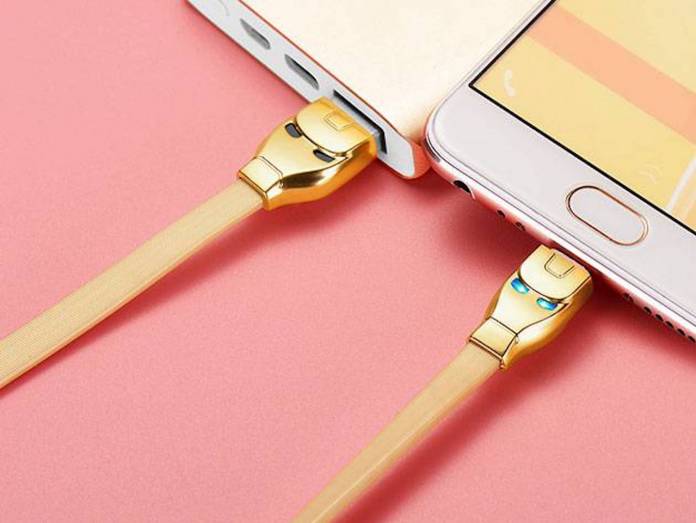
Raise your hand if you have more than three charging cables stashed around your house? That seems to be a common problem for people, especially those who often change their device. A lot of smartphone and tablet brands use different kinds of cables for their respective devices and so a lot of electrical waste is also produced when people upgrade or chance every once in a while. Europe has said enough is enough and has voted for a resolution to set a standard for charging cables.
Vice talks about the resolution passed by the European Parliament which was voted 582-40, citing that market fragmentation over the charges leads to e-waste as well as consumer frustration. The next step now would be to have the European Commission draft a law and then vote on it by July. This will probably be a small thing as the voting indicates strong support for this move.
Right now, there are three major kinds of charging cables people use: micro-USB, USB-C, and Apple’s Lightning Cable. Android users mostly use micro-USB but a lot of devices are also switching to USB-C. So it will be Apple that will most likely be the one most affected should this resolution be made into law, which most likely it will be made into one. Obviously they’re not happy about it and they say “regulation that forces conformity” will actually stifle innovation.
But the EU resolution makes the case for making a standard for chargers, citing the fact that there are 50 million metric tons of e-waste is generated and they believe this is “an unnecessary environmental footprint that can be reduced.” They have some statistics to back it up of course and we are all aware of this as we have to throw away or keep in a drawer all those old chargers we no longer use.
We’ll have to wait a few more months to see where this is going. And if the EU does make this resolution, would OEMs also adjust their charger production for the rest of the world? That is the major question too.









